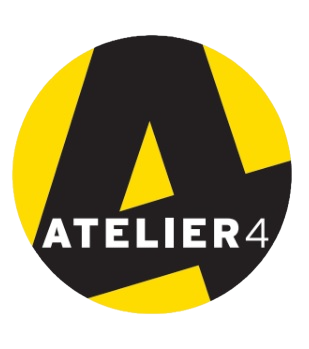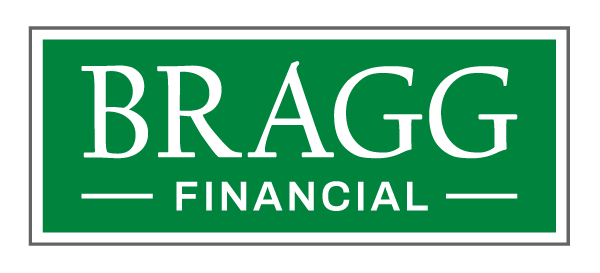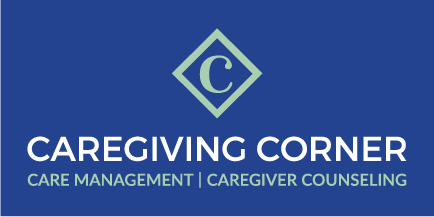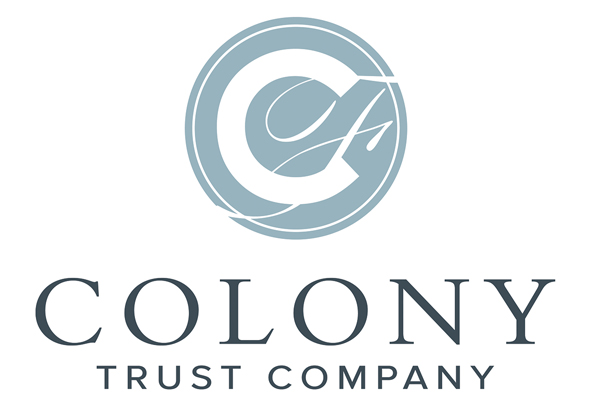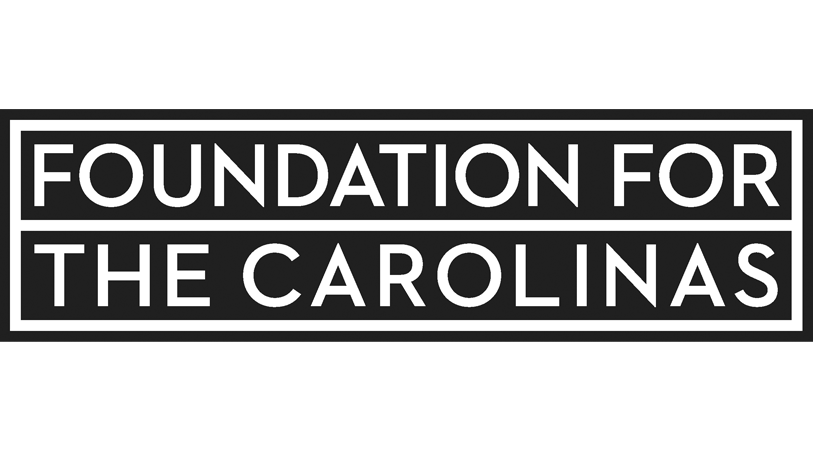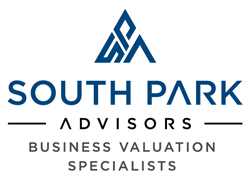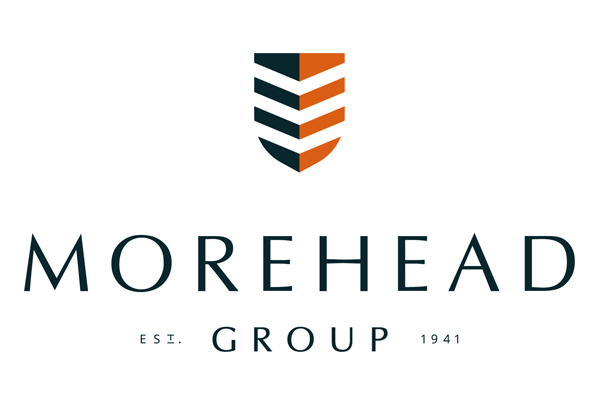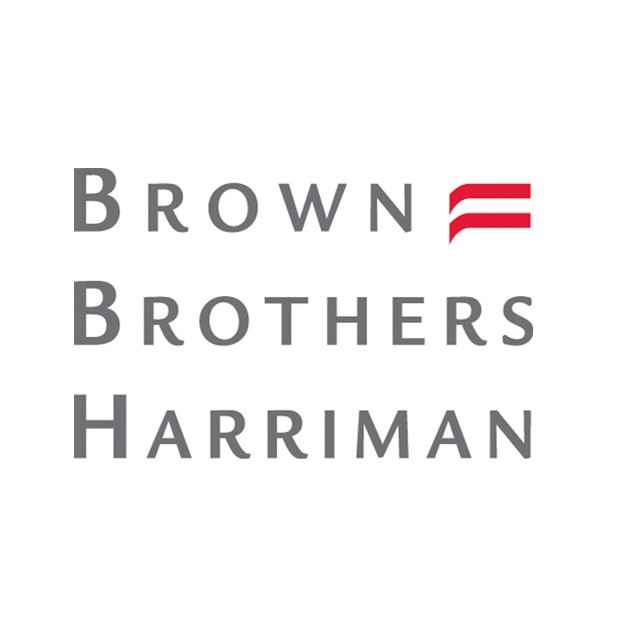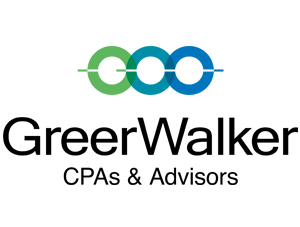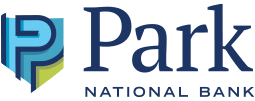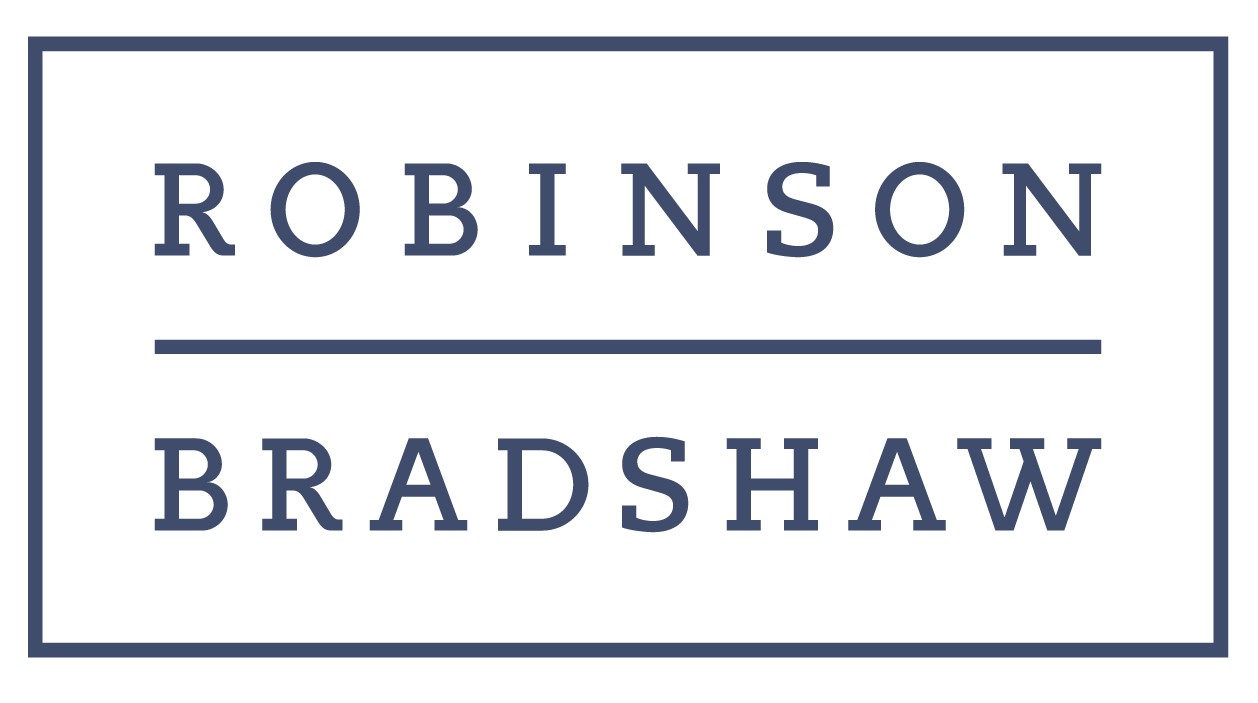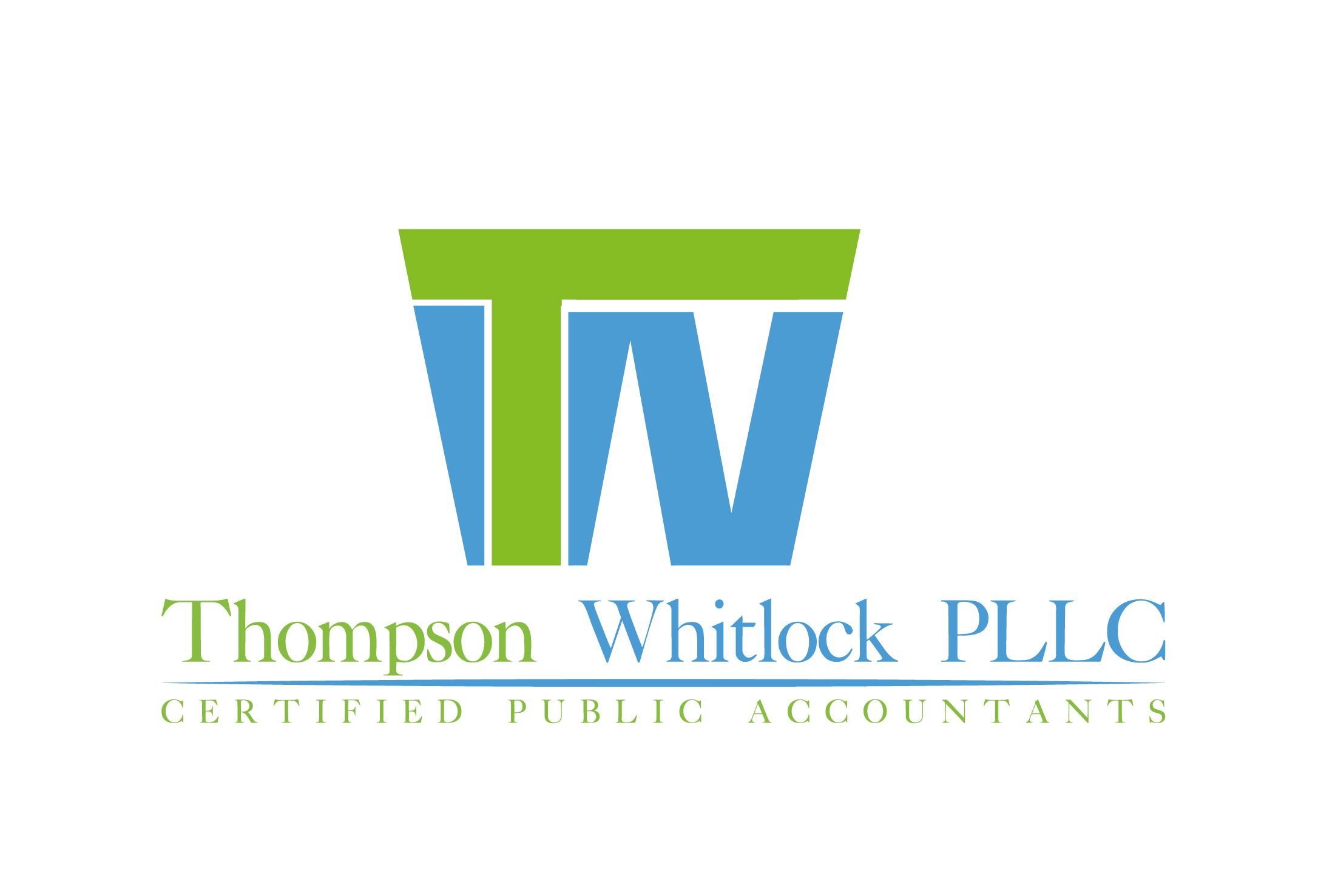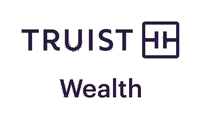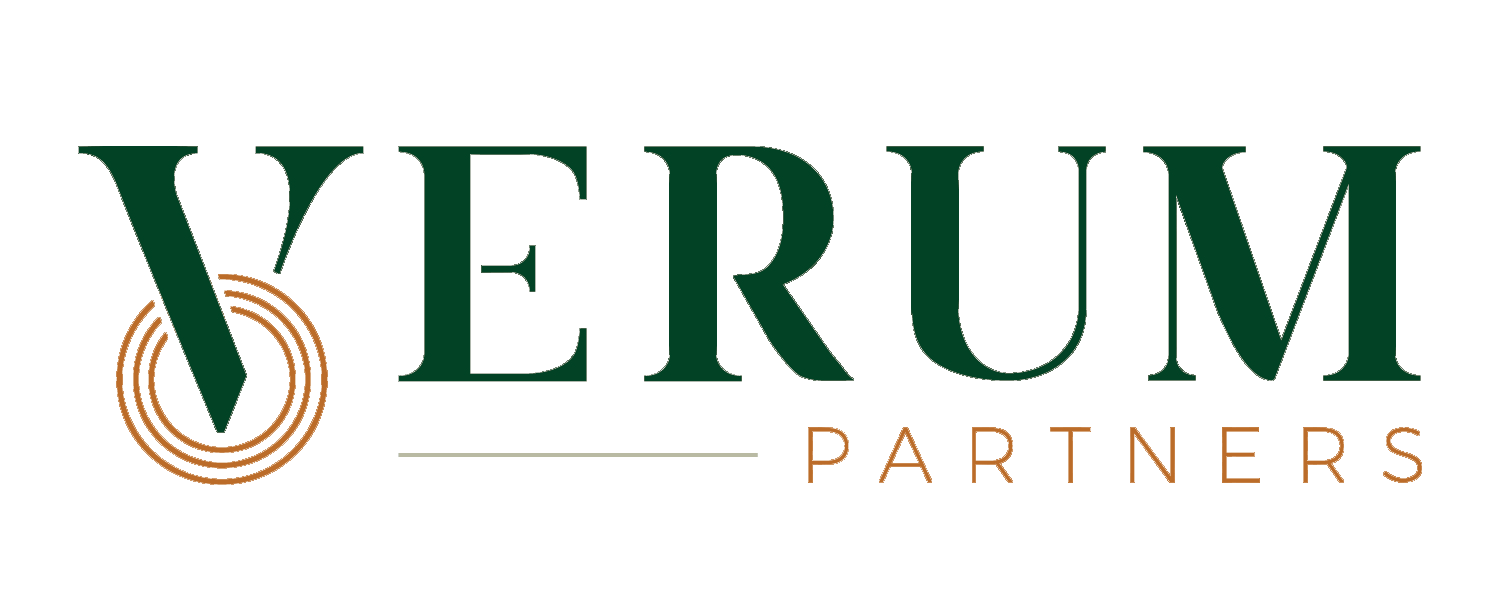|
NAEPC Webinar: Current Issues in Estate and Gift Tax Audits and Litigation
Wednesday, August 10, 2022, 3:00 PM - 4:00 PM EDT
Category: Events
Presented by National Association of Estate Planners & Councils Wednesday, August 10, 2022 3:00pm - 4:00pm ET Speaker: John W. Porter, B.B.A., JD, AEP® (Distinguished) This presentation will address a number of current audit and litigation issues from the perspective of a seasoned litigator who deals with the IRS on a daily basis. The discussion will include issues related to the transfer of hard to value assets (including the section 2704 Proposed Regulations), formula clauses, GRATs, BDITs, tax return preparation issues, privilege issues, and the avoidance of penalties. John W. Porter is one of the nation's leading tax controversy attorneys, maintaining a nationwide practice representing high-net worth individuals and businesses in sophisticated Federal tax controversy matters. John has served as lead counsel for taxpayers in some of the most significant published estate and gift tax decisions in the last twenty-five years, including cases addressing formula clauses used to transfer hard to value assets, the application of I.R.C. § 2036 to family entities, the built-in capital gains discount when valuing stock, the "net-net gift discount," the valuation of closely-held entity interests, and the reasonable reliance defense to IRS penalties. John is a frequent author and presenter for numerous tax and estate planning conferences and he is a fellow of the American College of Trust and Estate Counsel and the American College of Tax Counsel.
REGISTER HERE for the individual program. To purchase the 2022 webinar series, please click HERE. See all upcoming and previous webinars Registration Fees
A general certificate of completion will be made available for those professionals who feel the program satisfies their continuing education requirements and are able to self-file. It is the responsibility of the attendee to determine whether their state, discipline, or designation will allow one to self-file for a distance-learning program. |
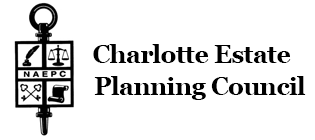
 Prev Month
Prev Month View Month
View Month Search
Search Go to Month
Go to Month Next Month
Next Month Export Event
Export Event 